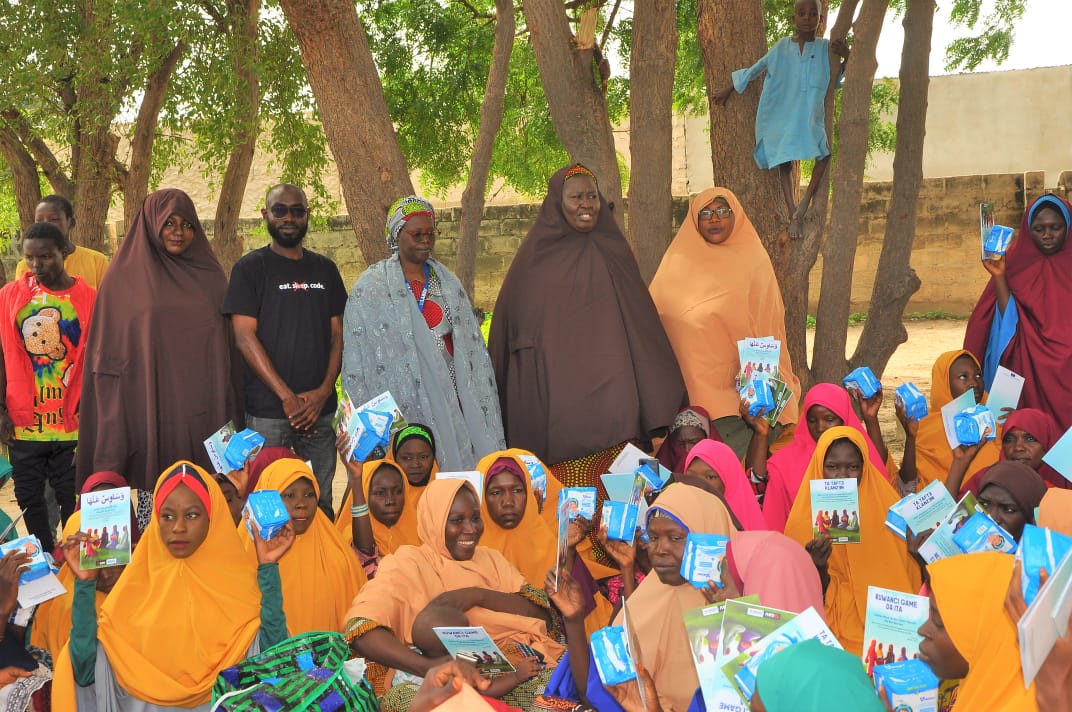
A civil society coalition, State of Emergency GBV movement, has called on the Federal and state governments to put more effort to protect women and children at Internally Displaced camps from perpetrators of sexual and gender-based violence.
The group made the call during a visit to the Elmiskin IDP Camp, Jere Local Government Area of Borno State on Tuesday.
TechHer’s Media & Communications Officer and a member of the movement, Kelechi Ofim, in a statement on Sunday, disclosed that the sanitary and living conditions of the camp needed urgent attention for the health and safety of the inhabitants, particularly the women, girls, and children.
“We understand that the camps are temporary and makeshift shelters pending when it’s safe for inhabitants to return to their communities. But what we have currently is not ideal for human habitation, and we can do better.
“The government has a duty, working with aid agencies and non-governmental organisations, to ensure that basic needs and safety standards are in place.
“Most importantly, there is the need to sensitise the IDPs of the forms of GBV, response options and consequences that await perpetrators. We’ve heard the terrible news about this reality, even perpetrated by camp officials and security personnel,” he revealed.
He said their visit to the camp was part of a campaign by the movement to educate women and girls, mostly in conflict areas, about the different forms of GBV and the available options for help.
“With support from the Global Fund for Women, we developed a comic book titled “Whispers About Her. The comic is in six languages – English, Arabic, Kanuri, Hausa, Fulfulde and Pidgin. It basically tells unique GBV experiences of women and children in IDP camps while outlining options for remedies and help for survivors.
“We hope this will complement other efforts towards mass education of citizens about GBV and in the fight against the scourge,” he said.
Another member of the group and the Executive Director of the Dorothy Njemanze Foundation, Ms. Dorothy Njemanze, charged authorities and other stakeholders to intensify advocacy and sensitisation programmes beyond the IDP camps.
“Sensitisation programmes against GBV must be comprehensive and all-encompassing, including those outside the IDP camps. Everyone has to take responsibility, because we have to ensure that it’s safe for the displaced women and children to return to their communities when that time comes,” she said.
The group also used the opportunity of the visit to share sanitary items and clothing to women and children in the camp.





